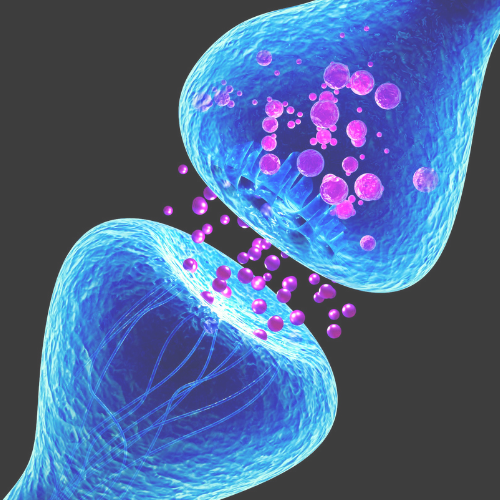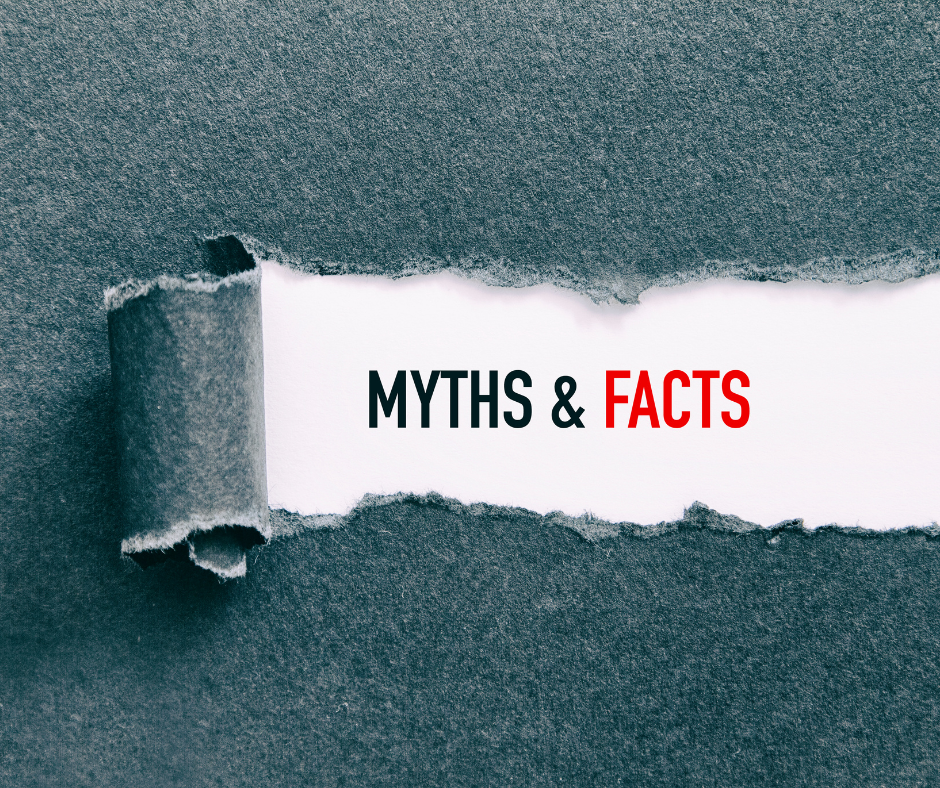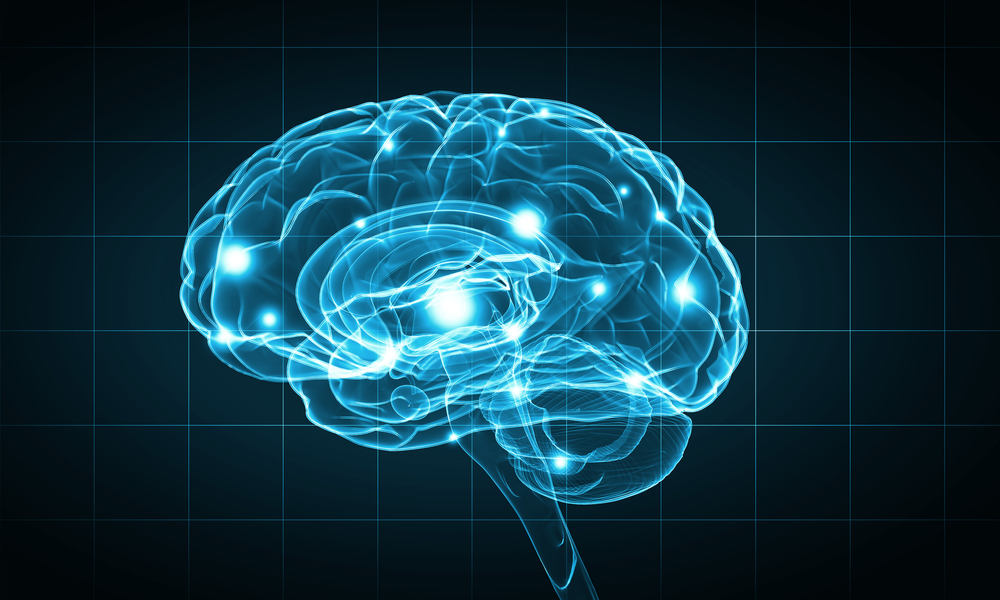Debunking Myths: Common Misconceptions about Ketamine Therapy
Hi everyone, I'm Dr. Andrew Escamilla at Ilumina Ketamine and Infusions. Today, I want to discuss some common misconceptions about ketamine and its...
2 min read
 Andrew Escamilla, MD
:
Sep 11, 2023 12:55:43 PM
Andrew Escamilla, MD
:
Sep 11, 2023 12:55:43 PM

Hello, I'm Dr. Andrew Escamilla from Ilumina Ketamine and Infusions, in Brownsville, TX.
Today, we're diving into the science behind ketamine therapy, a groundbreaking treatment revolutionizing mental health care.
This blog installment is for those interested in the nitty-gritty of how ketamine causes changes in the brain. While the exact mechanism by which ketamine produces its antidepressant effects is not fully understood, current scientific understanding suggests this is the most plausible explanation for its rapid and effective relief of depressive symptoms.
The Neurobiology of Ketamine
NMDA Receptor Inhibition
Ketamine primarily works by inhibiting the N-Methyl-D-Aspartate (NMDA) receptor in the brain. This receptor is a type of glutamate receptor. Glutamate is the most abundant excitatory neurotransmitter, responsible for sending signals between nerve cells. Inhibition of the NMDA receptor is considered the primary method for its anesthetic and analgesic effects. Blocking the NMDA receptor has other downstream effects which allow the brain to reset certain pathways.
Role of Glutamate
When ketamine inhibits the NMDA receptor, it activates another type of receptor called the AMPA receptor. AMPA receptors regulate mood and synaptic plasticity, the ability of neural connections to change in strength. Stimulation of AMPA receptors releases growth factors and other proteins within the neuron to promote growth, survival, and new connections between nerve cells.
Synaptic Plasticity
This is the ability of synapses—the junctions between nerve cells—to strengthen or weaken over time. Synaptic plasticity is how we learn, form memories, and adapt to different situations. It is thought that new synapse formation in areas of the brain such as the prefrontal cortex and hippocampus, areas involved in regulating stress and mood, plays a significant role in alleviating symptoms of depression and anxiety.
How Ketamine Differs from Traditional Treatments
Rapid Onset of Action
One of the features of ketamine that separates it from other treatment options is its rapid onset. Traditional antidepressants often require weeks to months to show noticeable effects. In contrast, ketamine often provides relief within hours or days, making it a valuable option for urgent cases.
Side-Effects
Compared to traditional antidepressants like SSRIs and SNRIs, ketamine generally has fewer long-term side effects. While traditional antidepressants can cause issues like weight gain, sexual dysfunction, and even increased suicidal thoughts, ketamine's side effects, such as dizziness, nausea, increase in blood pressure and heart rate, are usually short-lived and occur shortly after administration.
Efficacy in Treatment-Resistant Cases
Ketamine has shown remarkable efficacy in treatment-resistant cases. This is particularly important for patients who haven't responded to conventional treatments, offering them a new avenue for potential relief.
In Conclusion
The science behind ketamine therapy is both compelling and promising. Its unique mechanism of action and rapid efficacy make it an invaluable treatment option for various mental health conditions and chronic pain syndromes. If you're considering this revolutionary treatment, my team and I at Ilumina Ketamine and Infusions are here to guide you every step of the way.

Hi everyone, I'm Dr. Andrew Escamilla at Ilumina Ketamine and Infusions. Today, I want to discuss some common misconceptions about ketamine and its...

Welcome! I'm Dr. Andrew Escamilla from Ilumina Ketamine and Infusions, located in Brownsville, TX. In this post, we'll go over the transformative...

Hi everyone, I'm Dr. Andrew Escamilla with Ilumina Ketamine and Infusions.